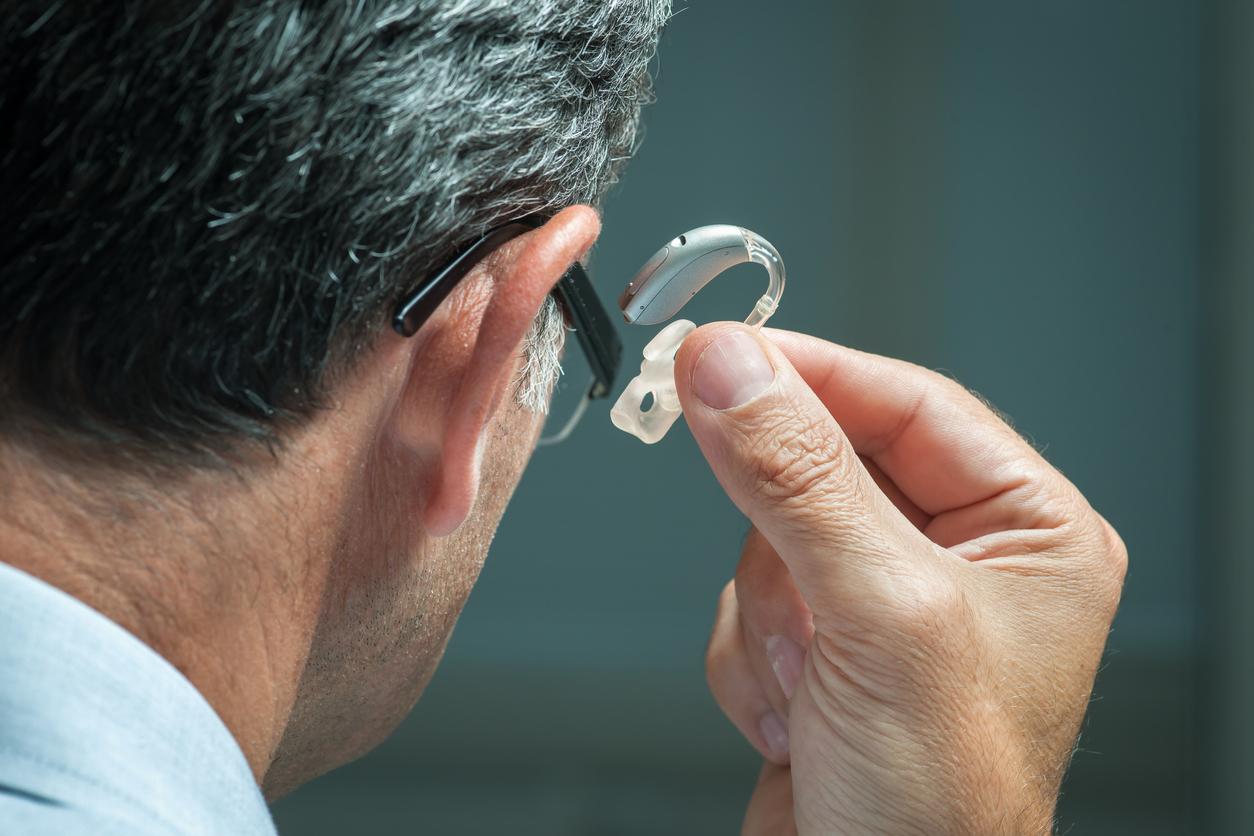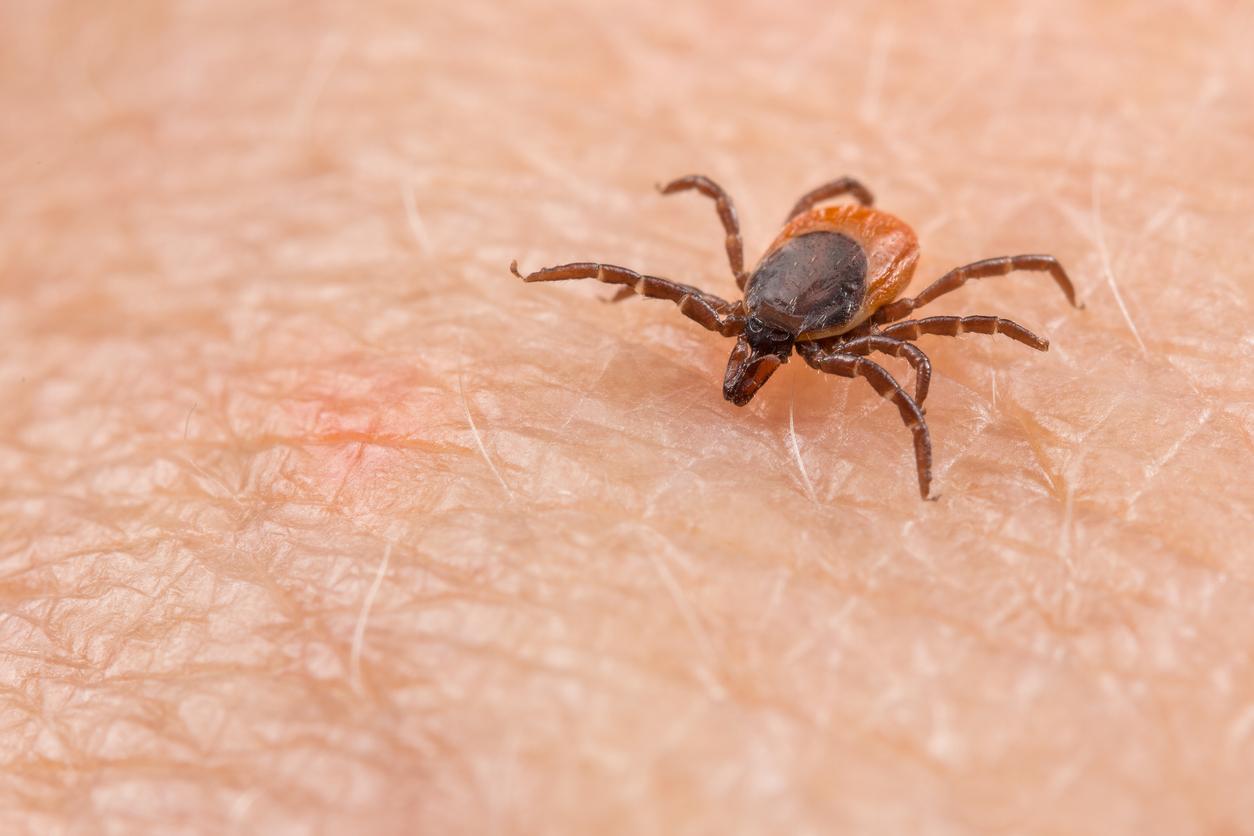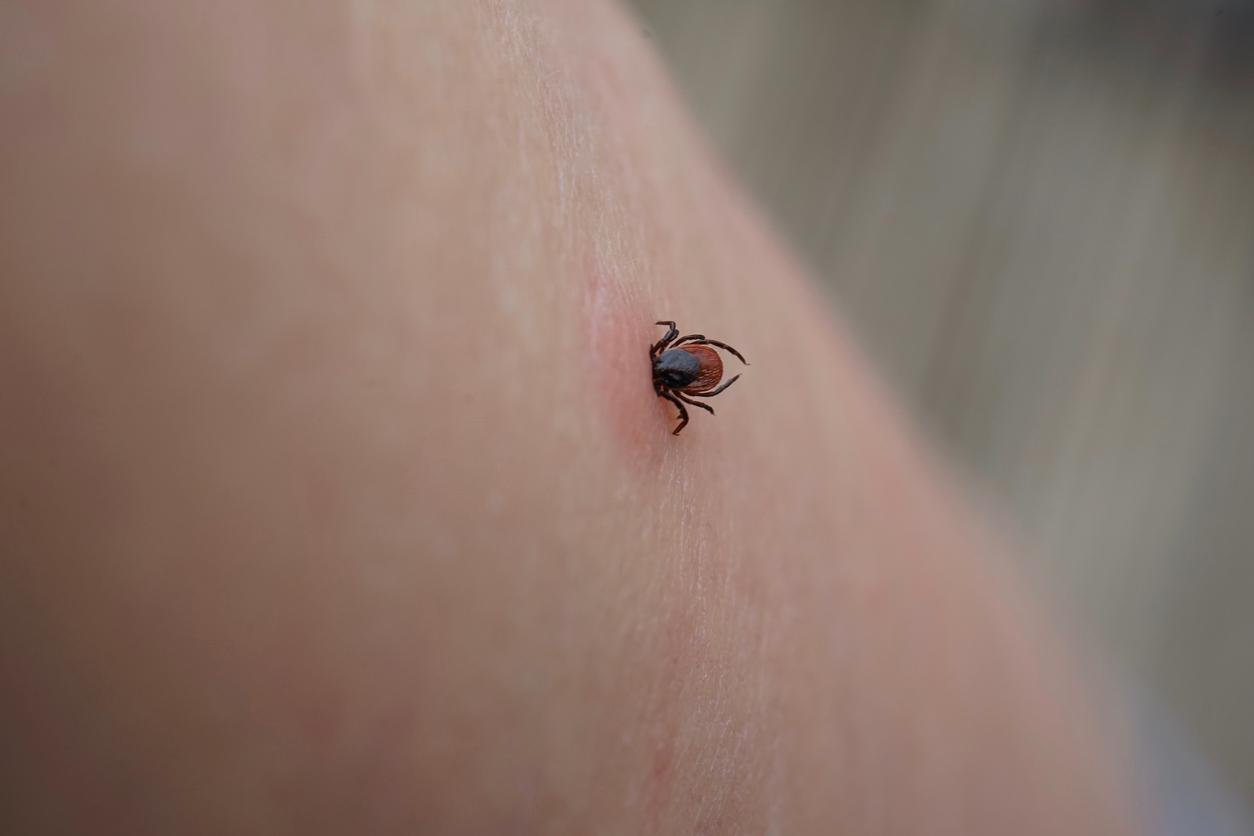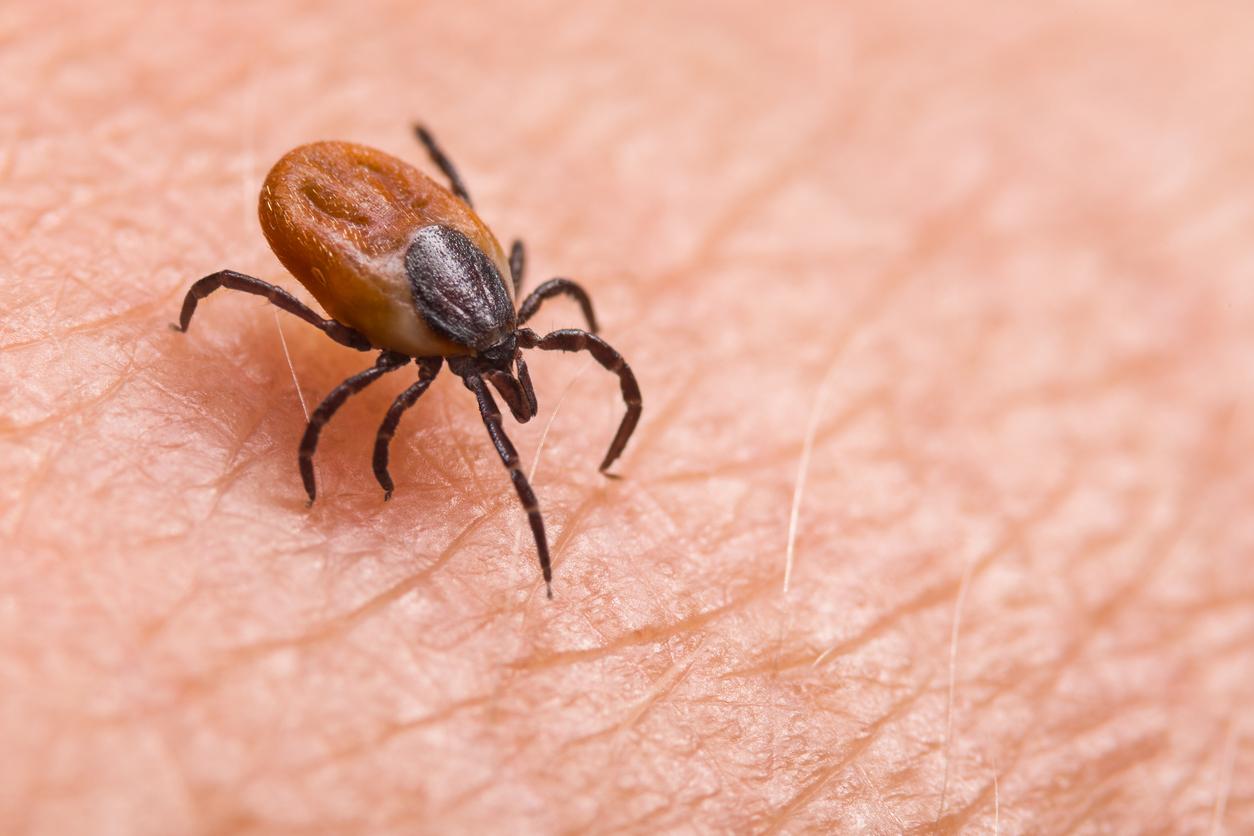An antimicrobial called hygromycin A would be very effective in treating Lyme disease in a targeted way. No adverse side effects were observed in animals.

- An antimicrobial would be able to eradicate Lyme disease by targeting the bacterium Borrelia burgdorferi at the origin of this infection.
- This treatment would be harmless to animals, which would allow it to be spread in nature to eradicate the disease.
In 2015, 33,202 people were affected by Lyme disease in France, according to thee Ministry of Solidarity and Health. This pathology – also called Lyme borreliosis – is not contagious between humans. Humans can only catch it if they are bitten by a tick infected with the bacteria. Borrelia burgdorferi. Sometimes the individual has no symptoms following the infection but, in some cases, this sting can lead to a debilitating disease, with lasting joint pain, partial paralysis of the limbs, etc. However, if treated in time, it can be controlled by taking antibiotics. The disadvantages of these drugs are multiple. First, they are broad-spectrum, meaning they kill a wide range of bacteria, which is bad for the good bacteria in our gut flora. On the other hand, their repeated use can promote antibiotic resistance. Finally, they have side effects, including diarrhea sometimes over a long period.
A new treatment with targeted action…
In a new study, published in the journal Cell, researchers have just discovered a new treatment for Lyme disease. It is an antimicrobial with a targeted action which could therefore eliminate only the bacteria responsible for Lyme disease. In addition, it would not be harmful to animals or to the intestinal flora. Scientists believe that if this antimicrobial were widespread in nature, it could eradicate Lyme disease without harmful effects on the environment. “Lyme disease is well positioned to be eradicatedsays Kim Lewis, one of the authors of the study. We are preparing, the first field test will take place next summer”.
…hygromycin A, an animal-safe antimicrobial
In detail, the researchers found that hygromycin A, an antimicrobial produced by the bacterium Streptomyces hygroscopicuswas particularly active in combating the bacterium Borrelia burgdorferi cause of Lyme disease. To achieve this result, they fed mice with bait containing hygromycin A. Results: their infection with the bacterium Borrelia burgdorferi quickly disappeared! Scientists therefore conclude that by putting these same baits in nature, it would therefore be possible to eliminate Lyme disease from entire areas, even entire countries. Another advantage of hygromycin A: it is completely harmless to animals. “Even at very high doses, hygromycin A shows no signs of toxicity, suggesting that this compound is safe”insists Kim Lewis.
Hygromycin A was discovered in 1953 but, until now, scientists had neglected it because it was ineffective against a wide range of bacteria. And this is precisely what interested the researchers in this study: as this antimicrobial has little effect on most other bacteria, it can therefore be considered a targeted treatment. In other words, it is very effective in fighting against Lyme disease, but without having any adverse effects on other bacteria in the body. On the other hand, the study also proved that the bacterium Borrelia burgdorferi was not able to develop resistance to hygromycin A, which means that the treatment could be effective in the very long term.
Research on this antimicrobial will continue. The researchers have just requested permission to move on to phase 3 of their clinical trial: to be able to test hygromycin A on humans.
.

















